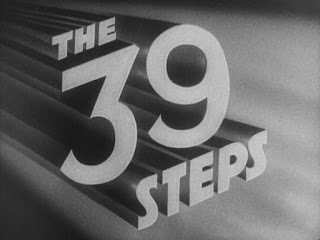For a brief moment in the 1960s Cher found herself at the forefront of folk-pop trend, rubbing shoulders with Bob Dylan and The Byrds in a highly publicised chart battle that eventually placed her higher than other versions. Of course, it was all a glorious fluke masterminded by Sonny Bono who played the same trick already known to other 1960s acts, where in order to command more money for live performances, pop bands would divide billing between the band and the singer (for example, Smokey Robinson and The Miracles) - so he got recording contracts for both Sonny & Cher as duo and for his girlfriend as a solo act. Just like that another famously demonised husband Ike Turner, Bono unwittingly created a monster and unleashed one of the most fascinating career in pop.
Bono surrounds his hesitant girlfriend with tinkle bells, echoes, harpsichords and every trick from Phil Spector book - in spite of less than stellar vocals that at this point wobble between flat and off-key, music is actually fairly strong description of folk-pop, with songs by Dylan, Ray Davies and Jackie DeShannon. From purely musical point of view it might be even one of the most interesting recordings by artist later known more as entertainment phenomenon. Once you realise Cher was right there in 1965 singing than new "Come and Stay with Me", "Blowin' in the Wind" and "Needles and Pins", its interesting to speculate how it all could have developed because initial start was actually quite strong - instead of following this path and establishing serious music persona, Cher decided to build her career on ever-changing visual metamorphoses, where hit singles were always just a side-product of media titillating. Certainly, this strategy served her well although its hard to pinpoint one single moment where you believe music genuinely moved her - from these folkie beginnings trough later pop melodramas, disco, faux-rock and beyond, the impression is always about determined businesswoman with exhibitionist streak who finds career longevity the main purpose in life. After all these years, its still just a guess which of those music disguises was closest to her heart.














































